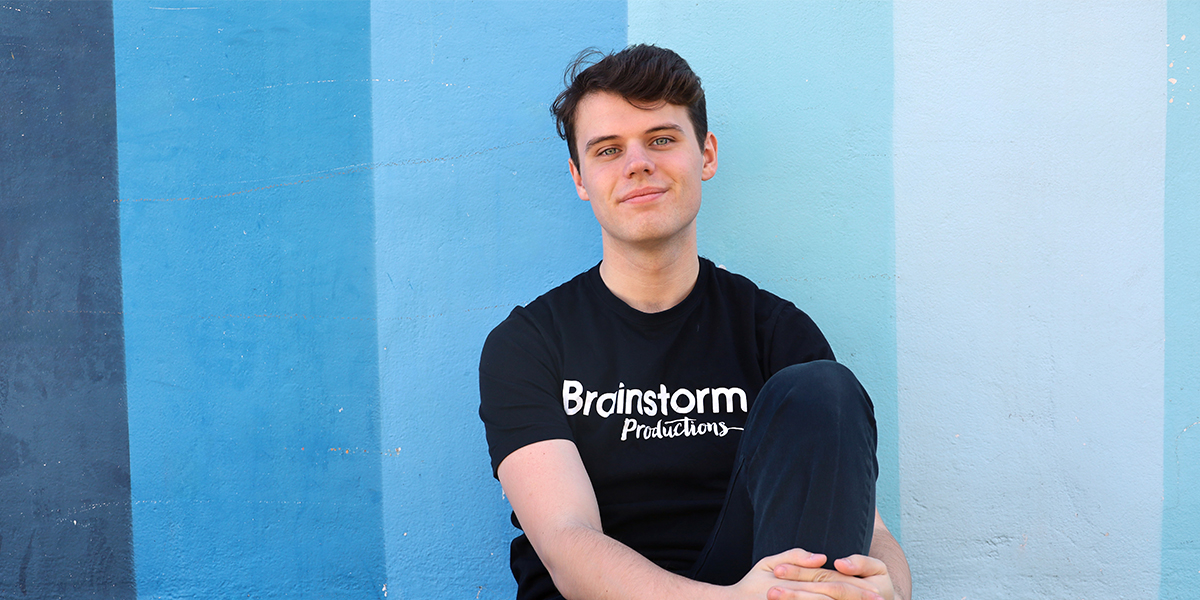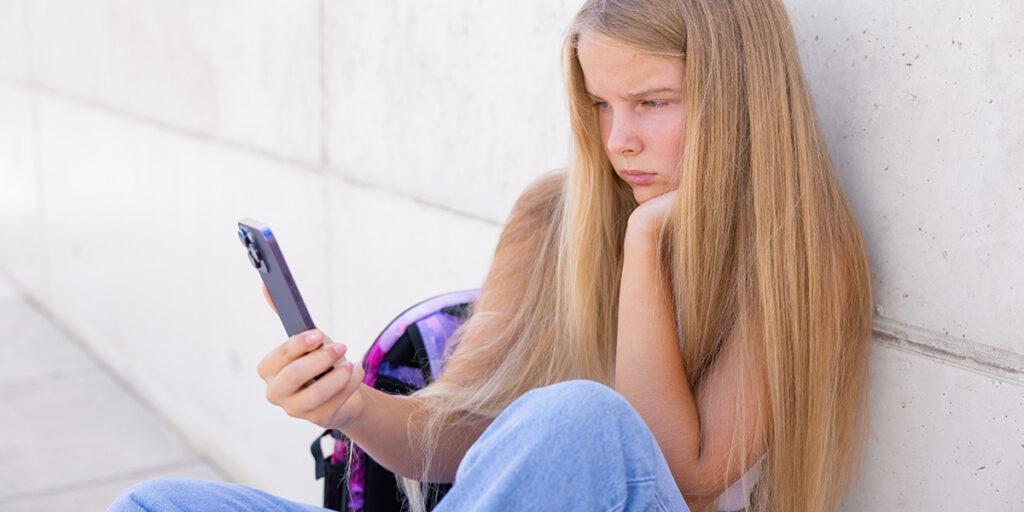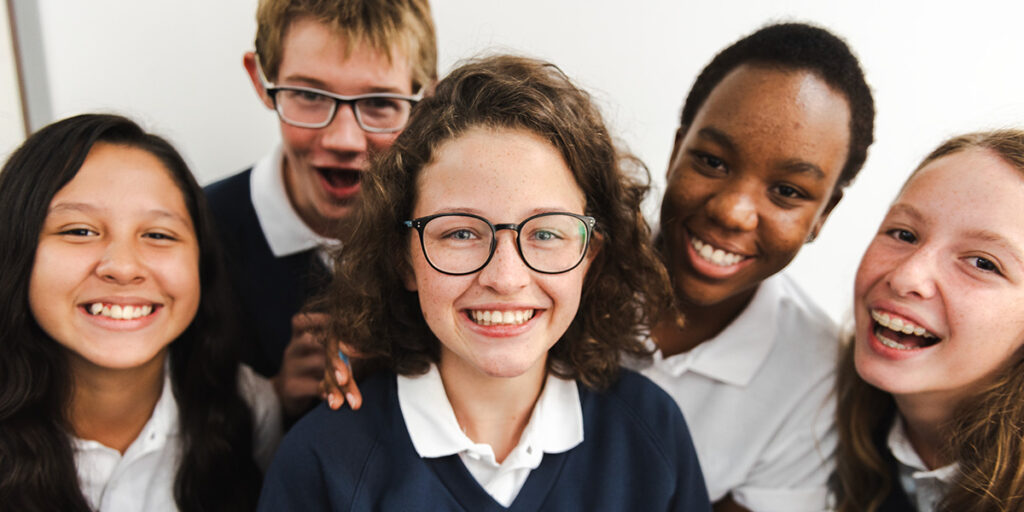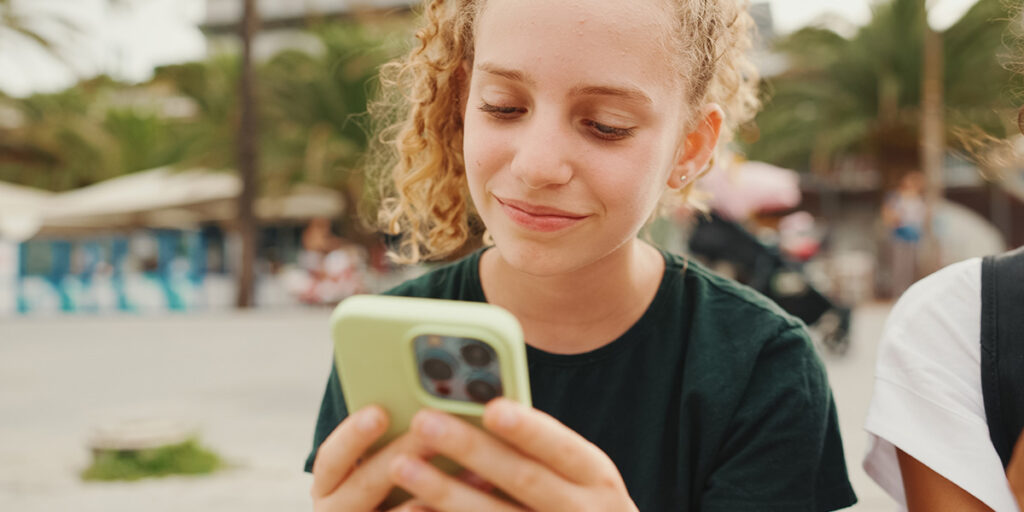The world is facing a youth mental health crisis, with psychological distress among young people reaching record highs. A recent report in The Lancet Psychiatry highlights the urgency of the situation, highlighting the role of global trends like economic instability, climate change, and the overwhelming influence of social media. The increasing rates of cyberbullying and loneliness, and a lack of connection are also contributing to mental health challenges in young people.
Immediate action is critical. This means investing more in preventive measures and creating innovative mental health education strategies. Young people also need to have a sense of hope and confidence that there are viable pathways to a brighter future.
As we enter Mental Health Month, and in the lead-up to World Mental Health Day on 10 October, we explore how arts-based programs can present creative opportunities for wellbeing and mental health education and make a big impact when delivered to large groups of students in schools.
The power of storytelling for youth mental health
Storytelling is one of the most powerful ways to share information and build feelings of hope and connection. Through stories, we can bring ideas together and relate them to shared experiences, making complex topics more interesting and easier to understand. Storytelling enables us to explore different perspectives, recognise commonalities, and reflect on our own behaviours, without raising our defences.
Dr. Pamela Rutledge explains that our brains are wired to respond to stories. When we experience emotionally charged moments or see conflicts resolved through a narrative, our brains release dopamine, which makes the experience more enjoyable and memorable. Cortisol boosts our focus and memory, while oxytocin helps us feel empathy, connection, compassion, and trust. Storytelling is widely used in areas such as health promotion and education to enhance knowledge, challenge attitudes, and drive behavioural change.
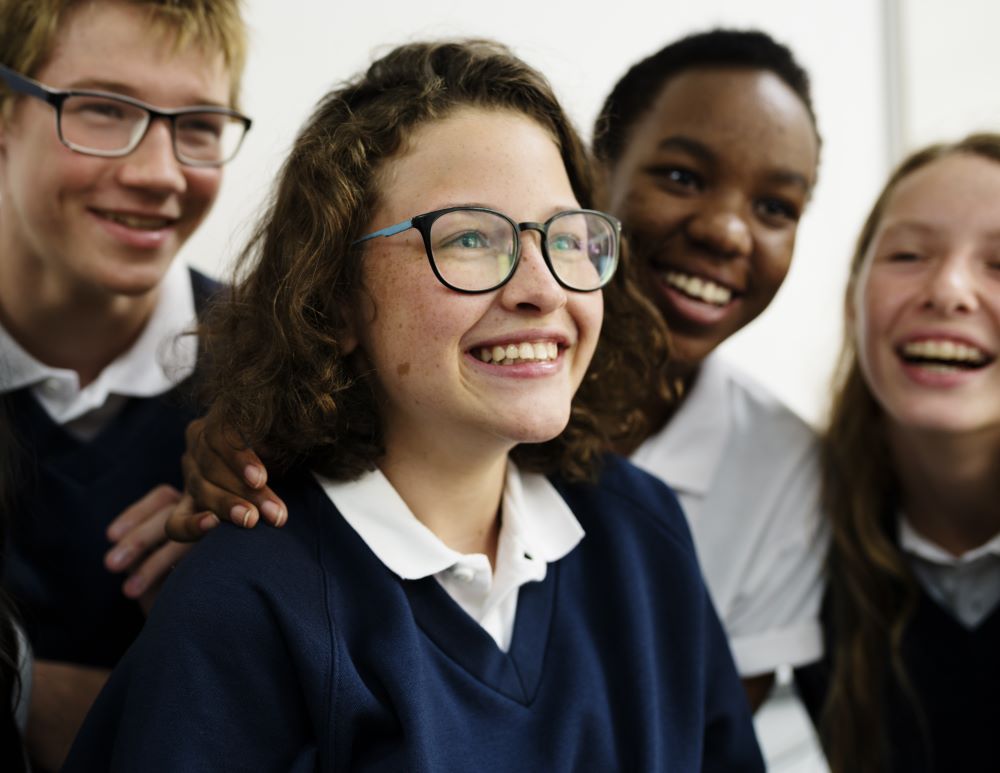
Connecting through live theatre
Live theatre is an immersive medium for storytelling, offering a unique way to engage young people in discussions about wellbeing. The immediacy and authenticity of a live performances is a welcome departure from the short, fragmented bursts of digital media that dominate young people’s daily lives. During the pandemic, many programs went online, but now there’s a growing demand for greater connection through in-person experiences.
By creating a safe and reflective environment, live theatre allows young people to learn more about themselves and explore alternative perspectives. Research shows that educational theatre is an effective tool for shifting knowledge, attitudes, and behavioural intentions across various areas of the curriculum, including mental health, bullying prevention and help-seeking, especially when followed by a facilitated discussion.
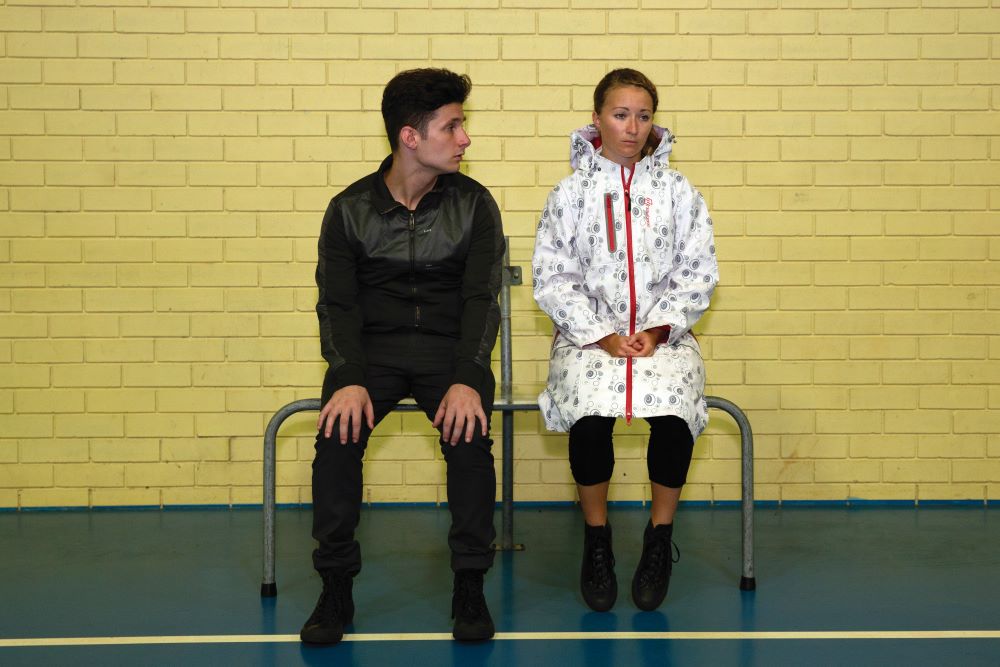
Brainstorm Productions: Performing with purpose for 40 years
Brainstorm Productions is one of Australia’s leading educational theatre companies, established in 1983 and annually reaching over 260,000 students with engaging, evidence-based programs to improve mental health, online safety, and bullying prevention. Our talented teams of young actors bring these issues to life through live performances in schools. We use a mix of storytelling, music, soundscapes, movement, humour, and relatable characters to create emotionally resonant and educational experiences.
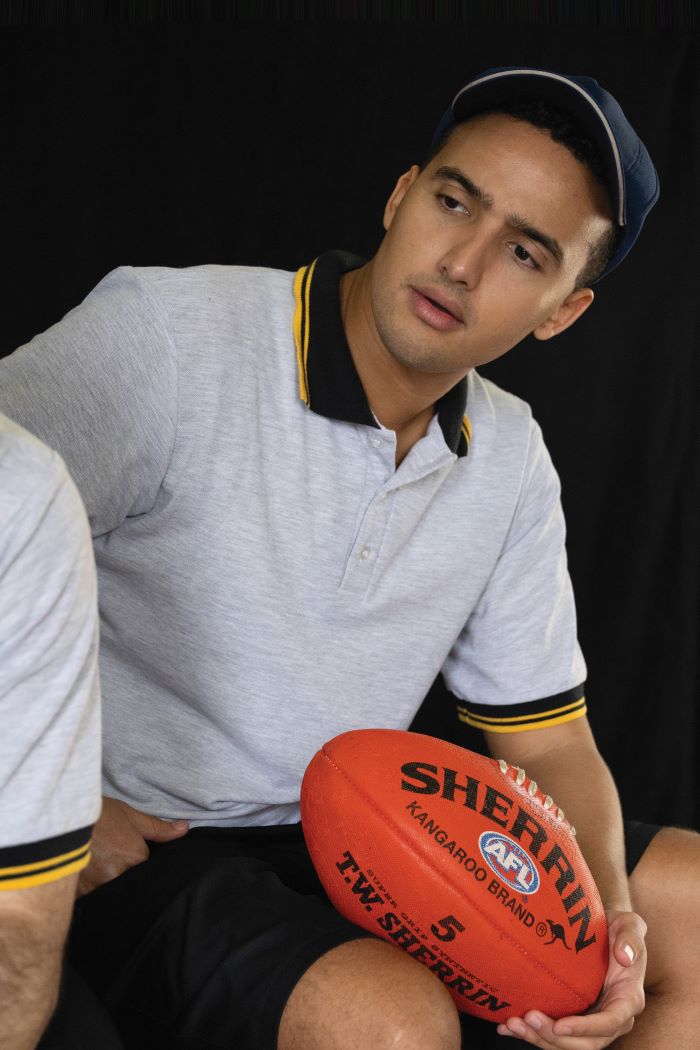
Our shows tackle tough topics like the dynamics that lead to bullying, the benefits and risks of the online world, and the struggles young people face when seeking mental health support. We use a “show, don’t tell” approach to help students understand these complexities and apply what they’ve learned to their own lives. After each performance there is a Q&A session with the actors, and we provide curriculum-aligned teaching resources to keep the conversations going in the classroom.
Many schools invite us back year after year to support their wellbeing programs. By telling a unique story in each performance, we can dive into a range of issues and explore the various ways students can build resilience and healthy relationships.
The positive impact of a live performance
Live theatre can be profoundly moving for young people and the impact of a show is often palpable in the room. Tanya Ryder-Barnes, Assistant Principal at Alkira Secondary College, praised Brainstorm Productions for its positive impact. “One of the standout aspects of the performance was its ability to strike a chord with the students,” she remarked. “The play portrayed the challenges they face daily, ensuring they felt seen and understood. It opened up important conversations surrounding mental health…and the overwhelming influence of social media.” She emphasised how the production expertly balanced humour with serious moments, “eliciting genuine empathy from the viewers”, and creating a “dynamic experience” that “resonated deeply with the audience”.
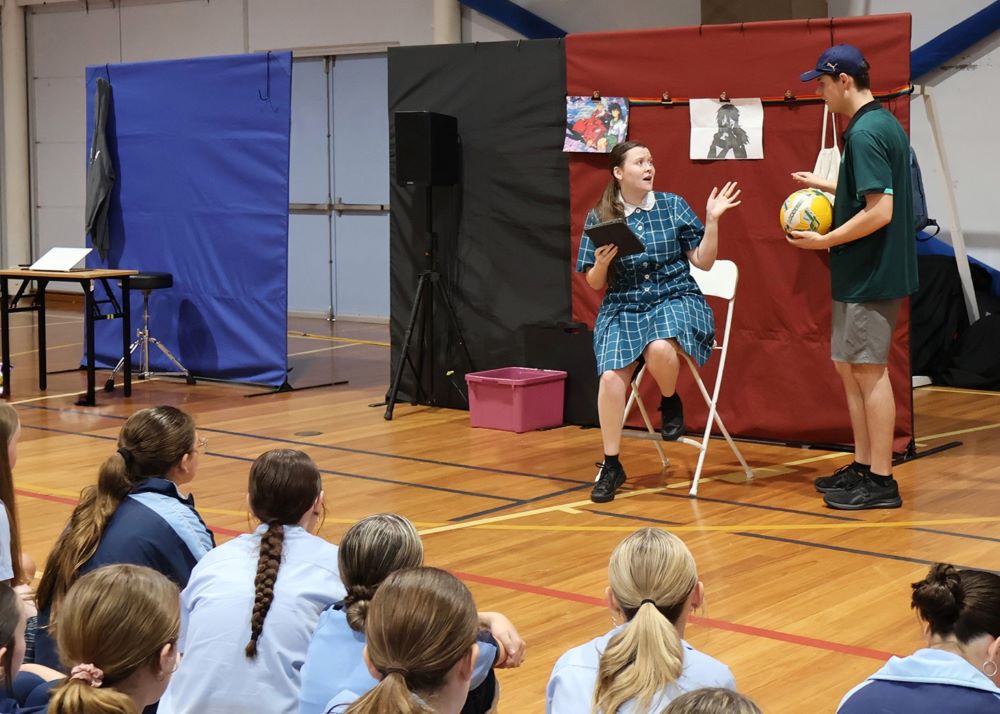
We know how important it is for programs to be backed by current evidence, especially when dealing with sensitive topics. That’s why we are always evaluating our programs and updating content in response to feedback and research. Brainstorm Productions is endorsed by the eSafety Commissioner as a Trusted eSafety Provider and we are is listed as an evidence-based program on the Victorian Schools Mental Health Menu. These endorsements reassure schools that they are partnering with a provider dedicated to delivering safe and effective programs.
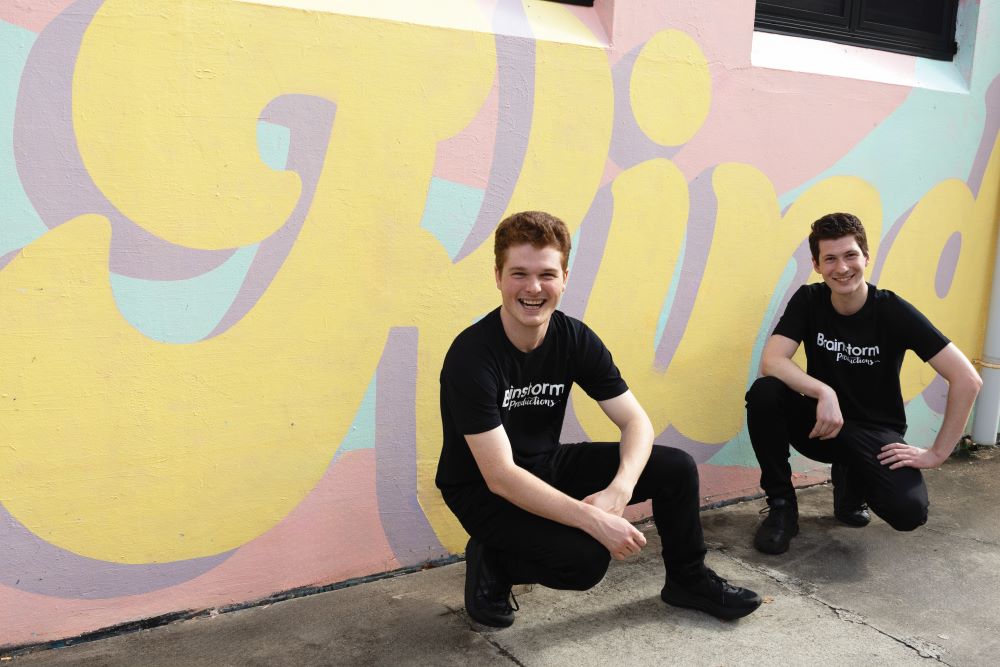
We recently conducted an evaluation with three Year 8 cohorts from Government, Catholic and Independent settings. We asked students about their knowledge, confidence, and behavioural intentions before and after the performance and Q&A.
The results were really encouraging, with improvements observed in the areas of bullying, mental health, peer support, and help-seeking. A large majority said they would recommend the show to others and found the performance interesting, useful, and more engaging than a typical lesson or speaker. We know that help-seeking intentions are hard to change, however 62% said they were more likely to access support after seeing the performance.
Students described the show as “amazing,” “inspiring,” “honest,” “clear,” “relatable,” “accurate,” “entertaining,” “creative,” and “funny.” They appreciated that it was “relevant to all of our lives and experiences” and provided “a realistic story about someone who struggled with mental health.” They liked that the characters demonstrated real skills and strategies, instead of just talking, and “showed true feelings and the reality of their life.”
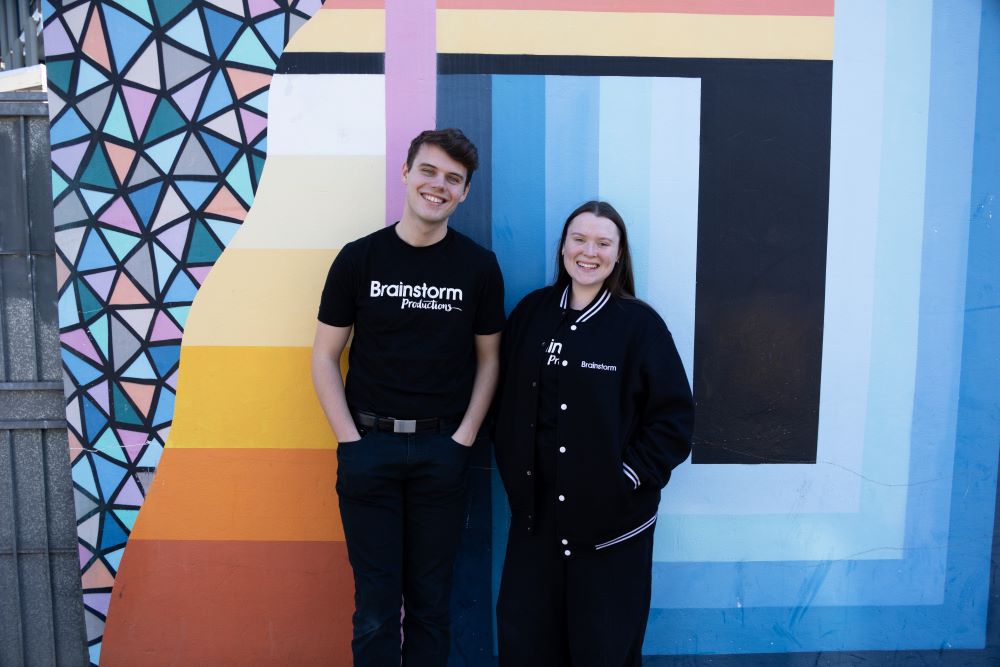
Educational theatre can play a powerful role in engaging young people and building resilience in Australian schools, when delivered in the context of a broader wellbeing framework. Live theatre incursions also provide students with an enriching arts experience that may otherwise be inaccessible.
By bringing complex issues to life through performance and narrative, our shows create a safe space for students to explore their emotions, build empathy, access support and develop strategies that will help them with future challenges.
Brainstorm Productions delivers live theatre performances in primary and secondary schools in New South Wales, Victoria, Queensland and South Australia, addressing bullying prevention, online safety, mental health and wellbeing. Check out our 2025 schedule to learn more about our wellbeing and mental health programs for high school and primary school, and to find out how to book a performance for your students.

